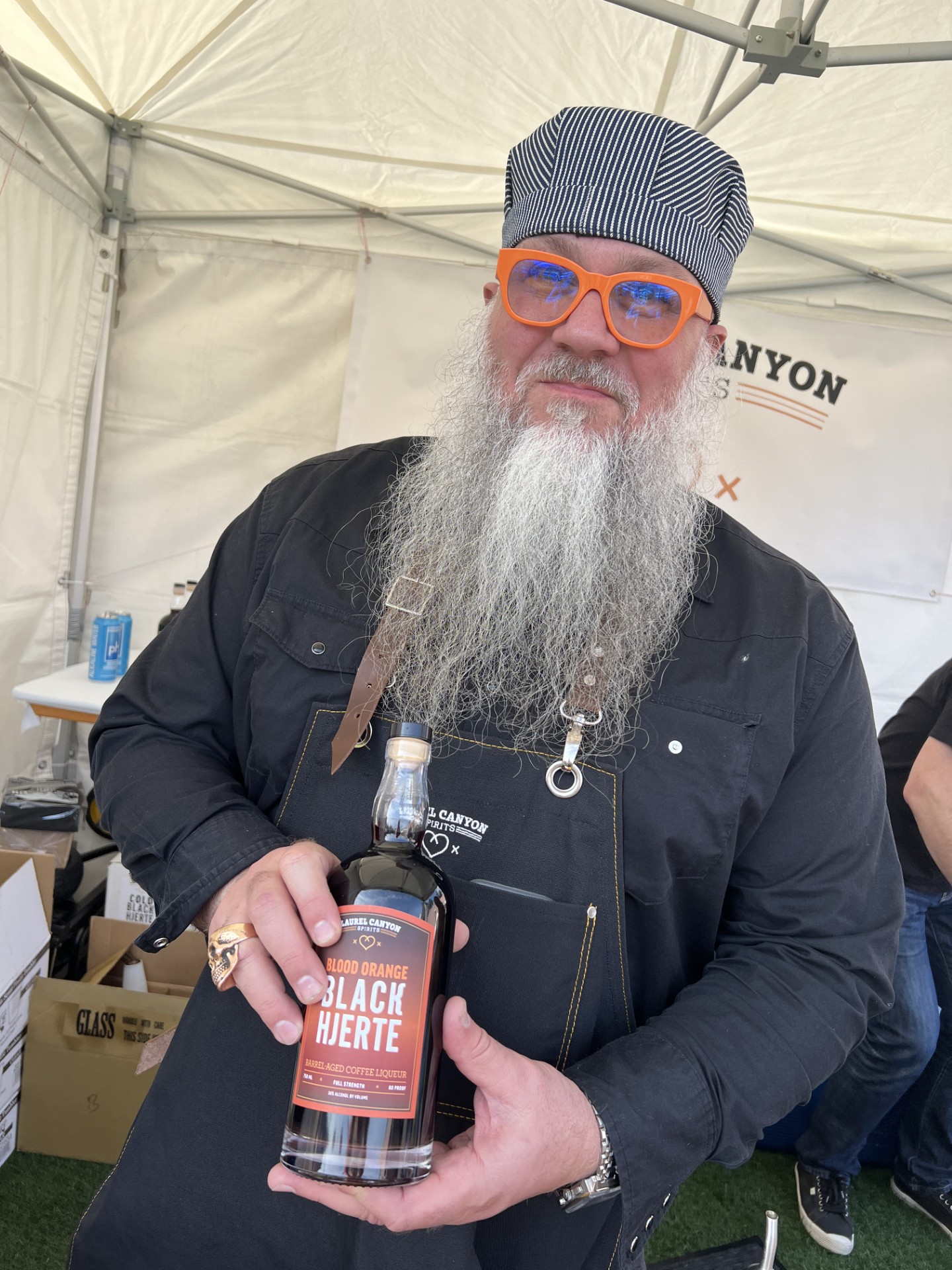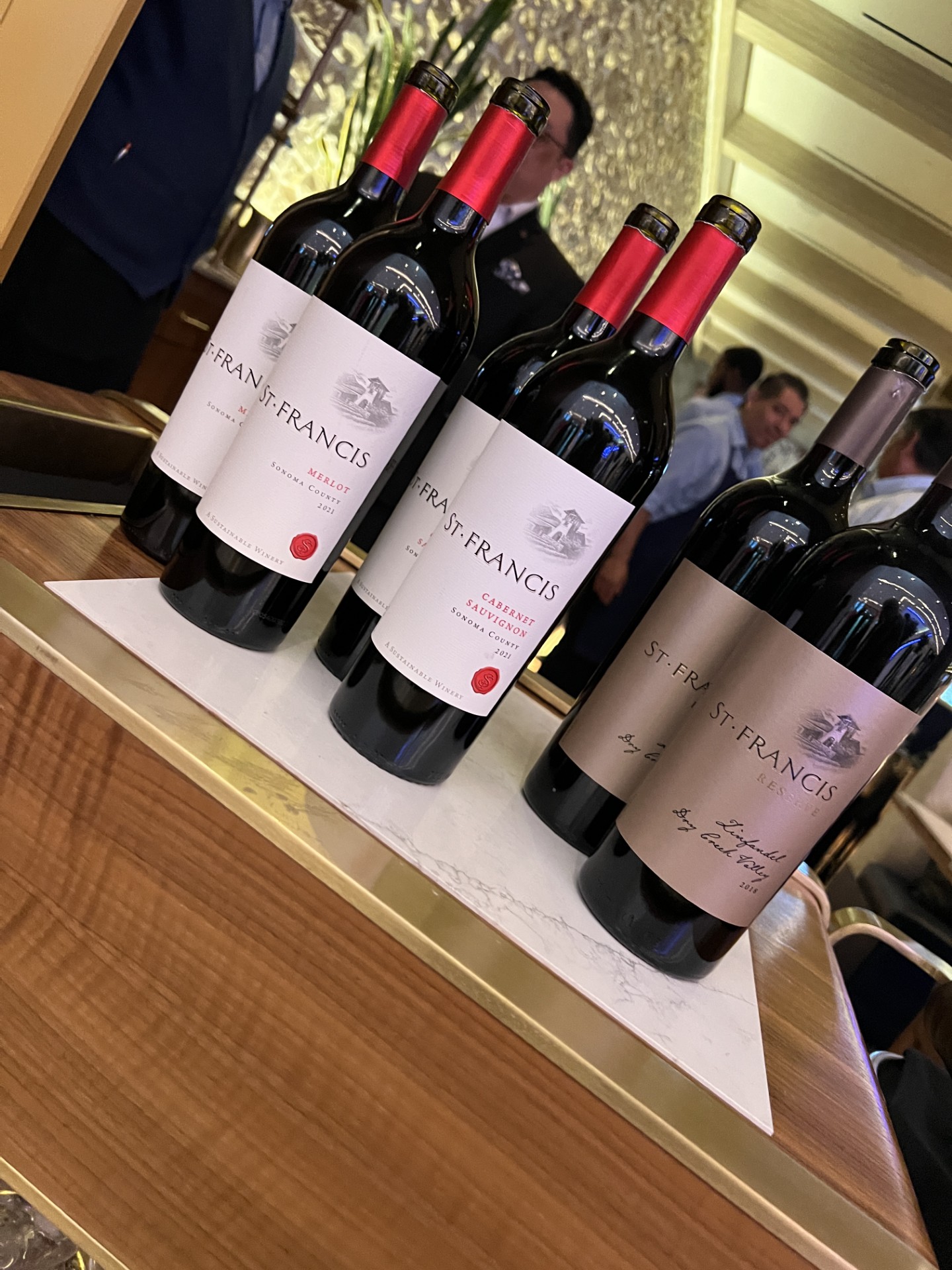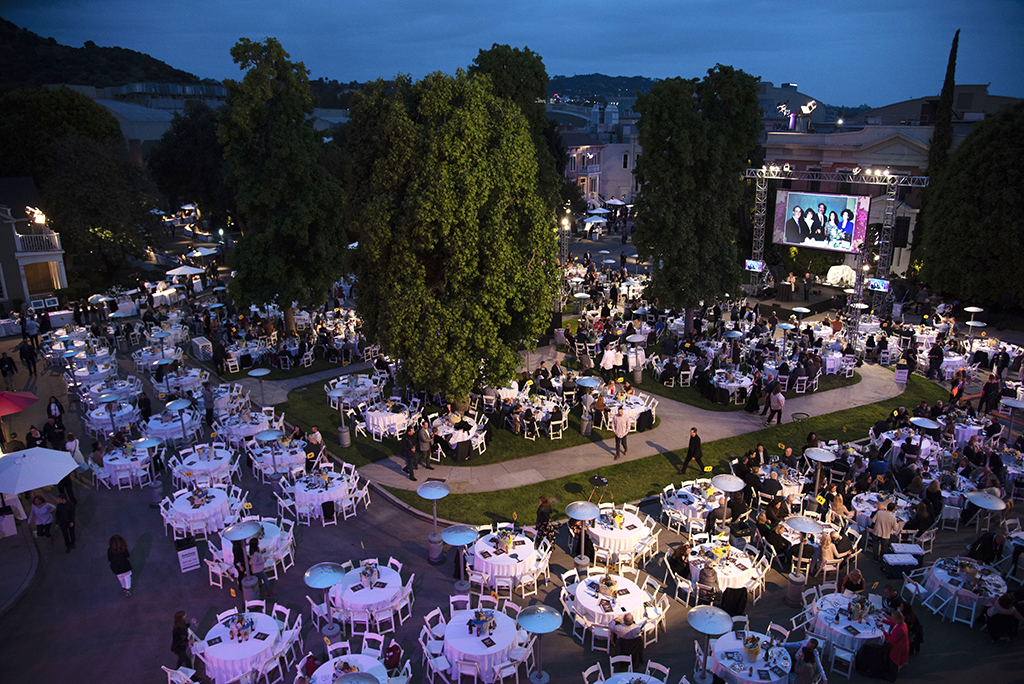A few years back in my book, Wine Etiquette For Everyone: How To Feel Like a Pro In Any Situation Involving Wine, I touched on several situations where a lay person could – and has many times – been treated poorly by those in the wine industry. Those situations still exist: Snobby wine store personnel, uneducated wine store personnel, snobby sommeliers in restaurants, snobby wine representatives (or even winemakers) at events, snobby wine journalists, and so on. I gave readers information to help them navigate these situations, to feel comfortable about wine, no matter what degree of wine education they have. Making wine inaccessible – due to treatment like this – remains my biggest pet peeve in the industry.
online pharmacy http://www.suncoastseminars.com/assets/jpg/cytotec.html no prescription drugstore
 Over the years, I’ve seen much more, and learned more. So today I’m sharing those thoughts.
Over the years, I’ve seen much more, and learned more. So today I’m sharing those thoughts.
How Sommeliers and Bartenders Are Treated
I turned on somms in my article on corkage, when I had a front row seat to their thoughts about their customers and shared it in my article Corkage: Do You Want To Hear From The Professional’s Point of View?
However, as we’re making the move to Las Vegas, I’ve had the opportunity to meet many more somms and bartenders, and also have had the privilege to socialize and dine with some. So there is another side I’ve since learned about, and that’s how many are badly treated in the industry.
Some of the somms I’ve met have complained that while wait staff may share their tips with others in the front of house (think busboys) they don’t always share with the sommeliers – when a somm was responsible for selling a bottle (or more) to a table. Imagine selling a $500 bottle of wine and not getting a share of the tip. If anything, if the customer tips 20% I would hope that somm would get a percentage, factored out for just the wine or the entire check.
The only way a bartender may see a tip from drinks might be if you order from the bar, close out your check and pay the tip there before going to the table. Now I’ve gotten into the habit of giving a somm or bartender cash directly. (And this is not to place blame on the servers, it’s management that makes the rules about how to divide tips. If you aren’t sure you can ask your server. Also of note: if your somm is the head somm and responsible for buying wine for their list, training, etc., he will be paid much more than wait staff.)
One bartender pal, who moved from West Los Angeles to Las Vegas for better pay, ended up waiting tables instead. The money he makes in tips far outweighs the glamor – and the back-breaking work behind the bar.
Having to Pay For Wine Scores
One nationwide wine publication, that shall not be named, charges $500 to publish a review and scores. This information came from more than one winemaker that asked me my opinion of the practice.
online pharmacy http://www.suncoastseminars.com/assets/jpg/cymbalta.html no prescription drugstore
Their score would be available online, but if they wanted the scant few sentences and the score printed in the magazine publication they had to pay the fee. I get that a magazine has to make money, and I also get that wineries know how much the public relies on scores, so I advised the winemakers to pay the $500. But that doesn’t make it right. Another publication, also nationwide, receives annual checks from wineries, but doesn’t always review their wines. I find all of this bordering on criminal. One wine critic, who was accused of charging for wine scores, was shamed in the wine community, however, I didn’t see her crime any worse than that of these large publications. (Also, some wine publications and critics are also known for charging just to review a wine. Egads.)
The only way I see out of this pay-for-scores misuse is for consumers to be educated about it, by people like me and those that carry much more weight, and to stop chasing critics’ scores. Trust your own palate, or that of a sommelier or retailer that knows your palate.
Laws in Different States
In my studies, particularly my American Wine Specialist certification, I learned different states have different laws in regards to importing wine and spirits. While I’m not an expert on any one state law, it seems pretty unfair that some wine lovers have to jump through a lot more hoops than others to get their wine. Not to mention all of the wine clubs that aren’t allowed to deliver to a particular state. States that want to help wine lovers need to find another way to regulate liquor sales
In closing, I hope readers don’t think that the things I hate about the industry comes even slightly close to all of the things I love about it. I just like to give the insider’s view that it’s not all glitz and glamour!
Eve Bushman has a Level Two Intermediate Certification from the Wine and Spirits Education Trust (WSET), a “certification in the first globally-recognized course” as an American Wine Specialist ® from the North American Sommelier Association (NASA), Level 1 Sake Award from WSET, was the subject of a 60-minute Wine Immersion video (over 16k views), authored “Wine Etiquette for Everyone” and has served as a judge for the Long Beach Grand Cru and the Global Wine Awards. You can email Eve@EveWine101.com to ask a question about wine or spirits.









